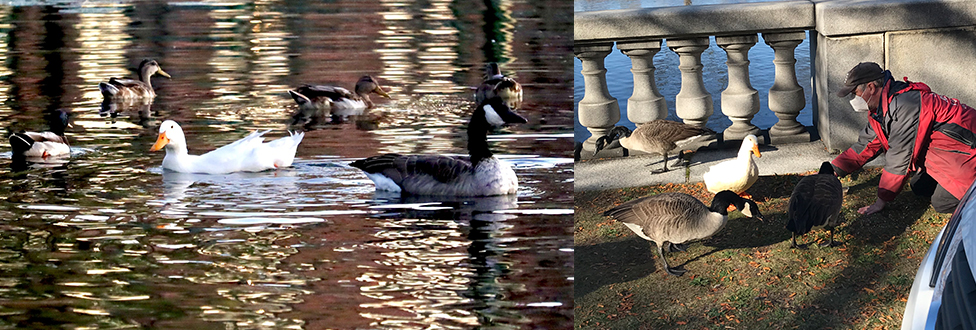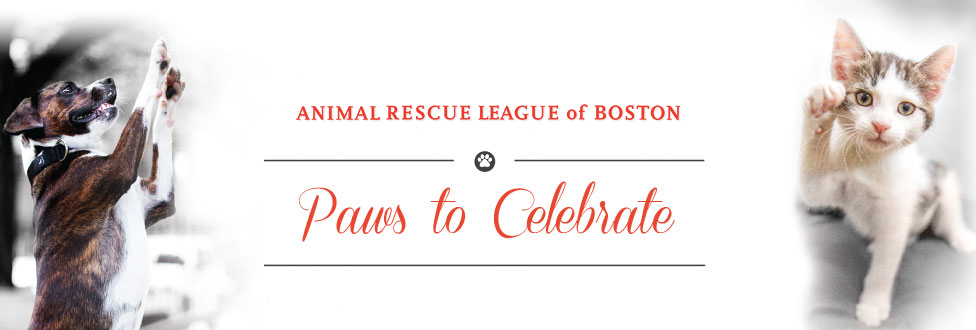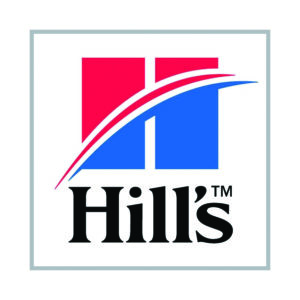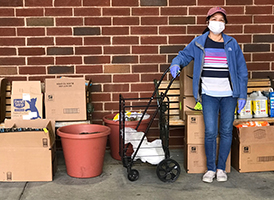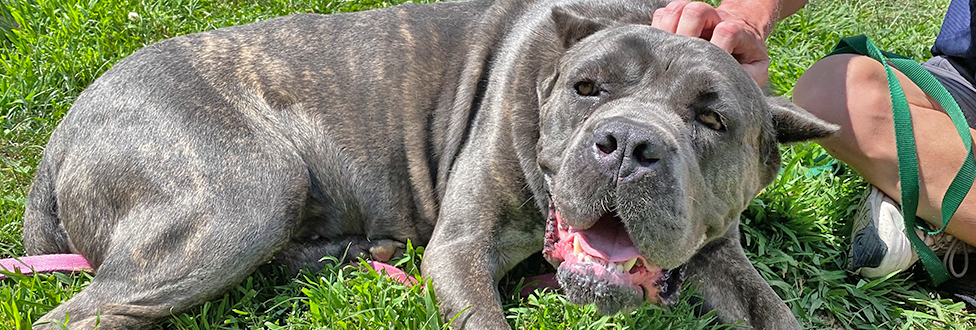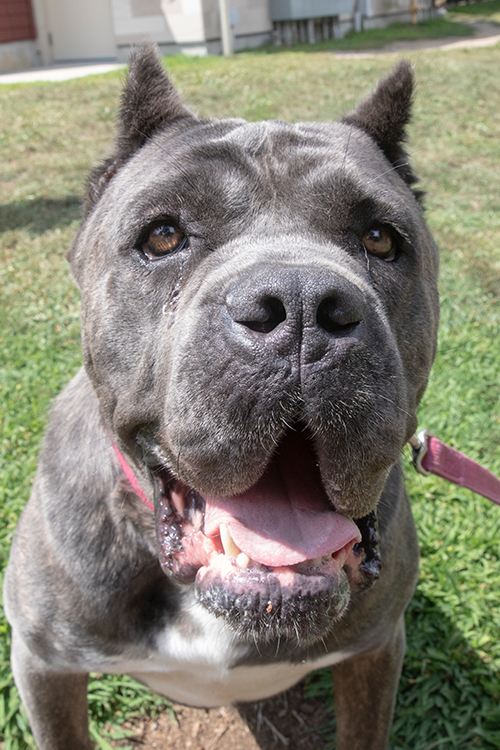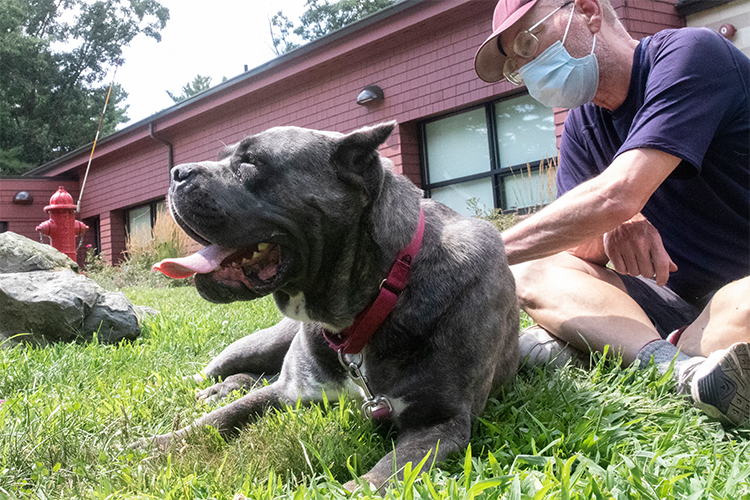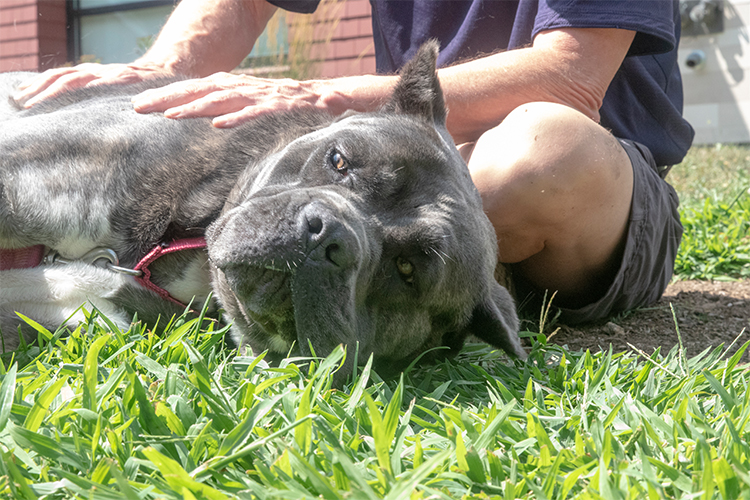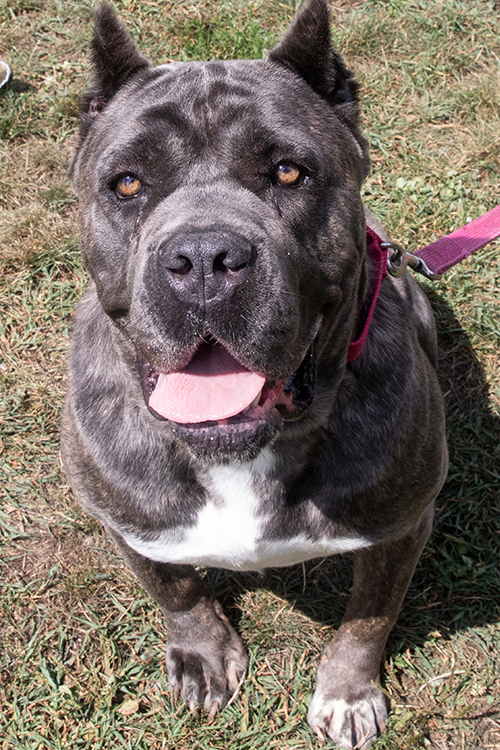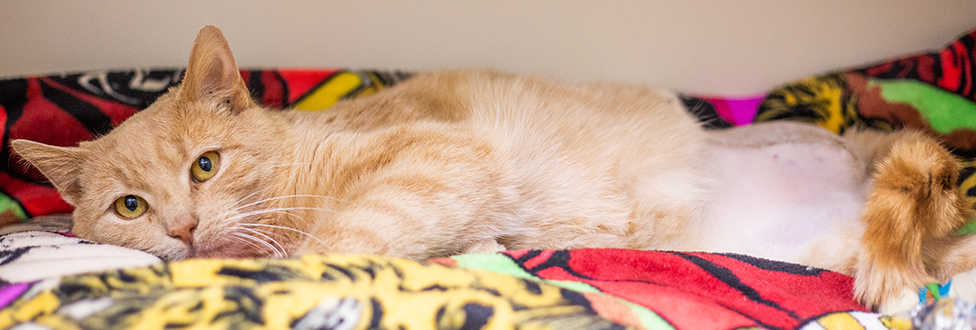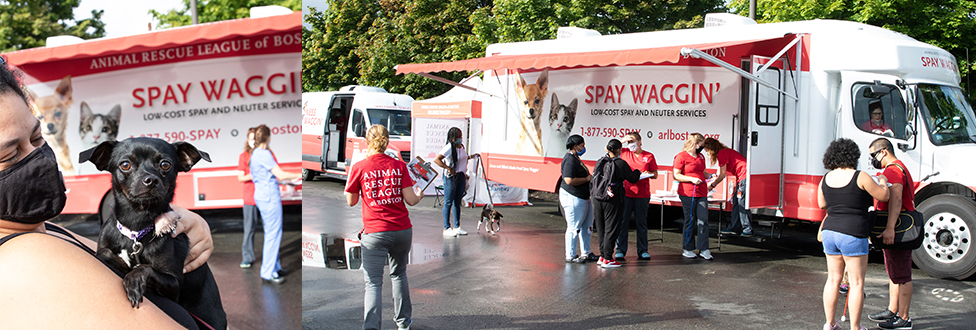Giving Tuesday 2020
December 1st is #GivingTuesday, a global day of giving back to the causes closest to our hearts.
To celebrate this day of giving, ARL’s Board of Directors, past Board members, Leadership Council, and President & CEO have come together with unique challenge: raise $155,000 between now and 12/1 and they will match it!
This year of extraordinary need calls for extraordinary measures, and this our largest match ever!
COVID-19 has created challenges and strained ARL’s limited resources. During this difficult year full of uncertainty, animals and the people who love them need you now more than they ever have before.
This is your chance to DOUBLE your impact, and provide hope, comfort, and stability to an animal in need during a tumultuous time.
There are THREE ways to have TWICE the impact:
Set up your own Facebook Fundraiser
Share this post with your fellow animal lovers
THANK YOU to our generous match donors for this incredible challenge:
Barbara Burg & Priscilla Golding
David Cawley & Lisa Buesking
Lisa A. Clifton
Randi Cohen & Al Ossorio
Richard Davey & Jane Willis
Craig Davis & Steve Vondran
Sadhana & Frederick Downs
Quentin P. Faulkner
Grace & Ted Fey
Ellen & Gilbert Forest
Judith F. Gregg
Jeffrey A. Kaplan
Richard Kelly &
Carol Akerson
Dr. Holly L. Kelsey
Walter & Elizabeth Kenyon
Cynthia &
William Kettyle
Constance &
Peter Lacaillade
Lee Ann & Michael Leahy
Roderick & Barbara MacDonald
Jeffrey & Jane Marshall
Malcolm McDonald &
Susan Passoni
Kelly & Brian McKernan
Christina & Daniel Nagler
Mary Nee & James Chapin
Tara & Christophe Oliver
Alisa M. Plazonja
Christopher B. Primiano
Heather & Park Ridill
José Rodriguez-Villalobos &
Christopher Lapan
Sydney Rosen and The Mike and
Toni Rosen Family Fund
Dr. Edward Schettino
Dr. Stephen Spiegelberg &
Denise Saltojanes
Laura Tomasetti &
David Beardsley
Donations of $100 or more will be included on ARL’s #GivingTuesday Wall of Honor on arlboston.org



